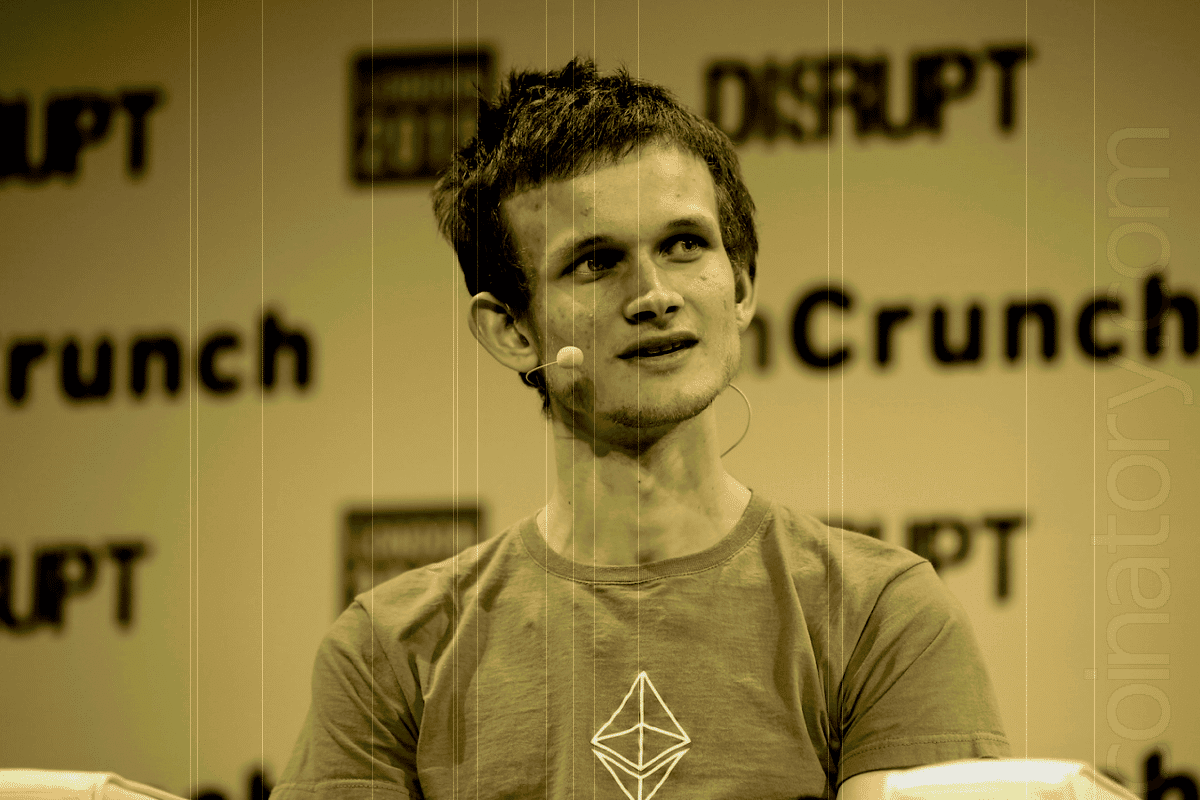
Ethereum co-founder Vitalik Buterin has voiced support for reducing the minimum Ether (ETH) required for solo staking, an initiative aimed at increasing participation in securing the Ethereum network. On October 3, Buterin joined a community discussion on X (formerly Twitter) to advocate for lowering the 32 ETH deposit threshold, which has been a significant barrier for broader involvement in solo staking.
Solo Staking and Ethereum’s Decentralization
Solo stakers operate full nodes independently, without the need for third-party services or staking pools. However, the current requirement of locking up 32 ETH, roughly $2,347.57 per ETH at the time, limits the number of participants. Buterin emphasized the role of solo stakers in enhancing Ethereum’s decentralization and security, particularly during his address at the Ethereum Singapore 2024 event in September.
Buterin highlighted that even a small percentage of solo stakers can provide a crucial decentralized layer, acting as a defense mechanism against 51% attacks. “The stronger we can make solo staking, the more it serves as an important layer of defense for security and privacy,” Buterin explained. He has proposed strategies to cultivate a larger solo staking community, including a temporary reduction in the staking requirement to 16 or 24 ETH in exchange for increased bandwidth.
Future Prospects: Reducing the Threshold to 1 ETH
Buterin also floated the idea of eventually lowering the solo staking deposit to as little as 1 ETH, pending advancements in Ethereum’s bandwidth capabilities and improvements in peer-to-peer (P2P) infrastructure. Such a move could democratize staking, making it more accessible and enhancing Ethereum’s decentralization.
Buterin’s broader vision aligns with his recent comments on the classification of Ethereum layer-2 networks, underscoring his commitment to maintaining the integrity and decentralization of the Ethereum ecosystem. He warned that projects claiming to be layer 2 must meet specific benchmarks, or risk losing their classification by the end of 2024.







